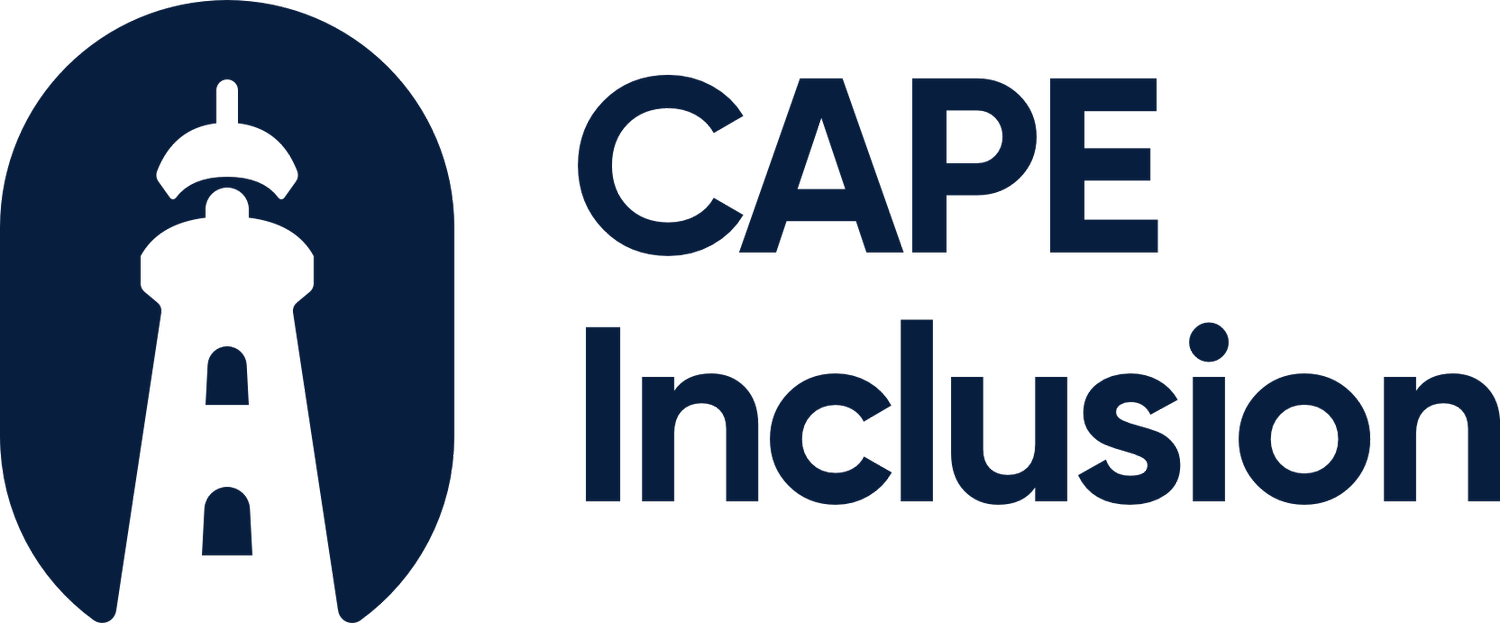Women's History Month 2023: Celebrating Women Who Tell Our Stories
The month of March has been designated as Women’s History Month in the United States since 1987. It is a time to celebrate the accomplishments and contributions of women to history, culture, and society. From Susan B. Anthony to Rosa Parks, women have made significant contributions to the progress of the United States, and this month provides an opportunity to reflect on these often-overlooked contributions.
History of Women's History Month
The celebration of Women’s History Month began as a weeklong event organized by the school district of Sonoma, California, in 1978. The event aimed to celebrate women’s contributions to culture, history, and society. The celebration spread to other communities and organizations, and in 1980, President Jimmy Carter declared the week of March 8 as National Women’s History Week. The U.S. Congress followed suit in 1981, passing a resolution to establish a national celebration. Six years later, the event was expanded to the entire month of March.
International Women's Day
International Women's Day is a global celebration of the economic, political, and social achievements of women. It is celebrated on March 8 and has been observed since 1911. The United Nations has sponsored International Women's Day since 1975, recognizing the importance of women's active participation, equality, and development in securing peace, social progress, and the full enjoyment of human rights and fundamental freedoms.
Women's History Month Theme 2023
The National Women's History Alliance designates a theme for Women's History Month each year. The theme for Women's History Month 2023 is "Celebrating Women Who Tell Our Stories." This theme recognizes women, past and present, who have been active in all forms of media and storytelling, including print, radio, TV, stage, screen, blogs, podcasts, news, and social media.
Women Who Tell Our Stories
Women have been telling stories throughout history, from oral traditions to written works. Women’s voices have often been marginalized or ignored, but they have persisted in telling their stories and creating works that inspire and inform. This year's theme celebrates women who have been active in all forms of media and storytelling, highlighting the importance of women's voices and perspectives.
One woman who has been influential in storytelling is Toni Morrison. Morrison was an American novelist, essayist, editor, teacher, and professor emeritus at Princeton University. She was the first black woman to receive the Nobel Prize in Literature in 1993. Morrison's works explore themes of black identity, the black experience in America, and the role of women in society.
Another woman who has made significant contributions to storytelling is Maya Angelou. Angelou was an American poet, memoirist, and civil rights activist. She is best known for her book "I Know Why the Caged Bird Sings," which explores her early years growing up in the segregated South. Angelou's work has been influential in promoting understanding and empathy across racial and cultural divides.
Women continue to make important contributions to storytelling and media. Oprah Winfrey is a media mogul who has used her platform to promote understanding and empathy through her talk show, books, and media empire. Journalist and author Isabel Wilkerson has used her work to shed light on the experiences of black Americans, particularly in her book "The Warmth of Other Suns."
Final
Women's History Month 2023 provides an opportunity to reflect on the contributions of women to history, culture, and society. The theme for this year, "Celebrating Women Who Tell Our Stories," highlights the importance of women's voices and perspectives in all forms of media and storytelling. Women have been telling stories throughout history, and their contributions continue to inspire and inform us today.




Celebrating Juneteenth: Reflecting on Our Journey and Recommitting to Equality
On June 19, 1865, a momentous event unfolded in Texas that would forever alter the course of American history. This day, known as Juneteenth, marked the liberation of 250,000 enslaved individuals, as Union soldiers arrived to enforce the Emancipation Proclamation, which had been in effect for two and a half years. Juneteenth signifies the end of slavery in the United States and heralds the beginning of our continuous effort to fulfill the promise of equality and freedom for all Americans.
At CAPE Inclusion, we stand firm in our dedication to eradicating systemic racism and inequity. We call on everyone to join us in this effort, choosing love over hate, unity over division, and progress over retreat. Let us celebrate the spirit of Juneteenth and renew our commitment to building an inclusive and equitable society for all.
As we reflect on Juneteenth, may we celebrate the essence of freedom, the progress we have made, and the possibilities that lie ahead when we march forward together. Happy Juneteenth from CAPE Inclusion. Together, let’s continue to redeem the soul of America.